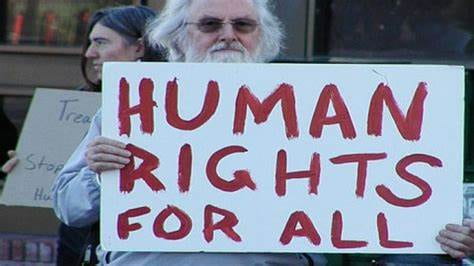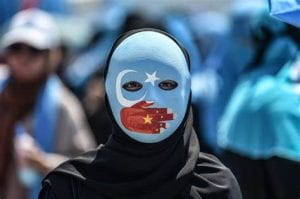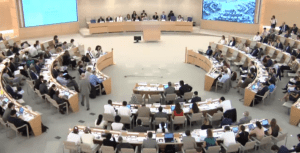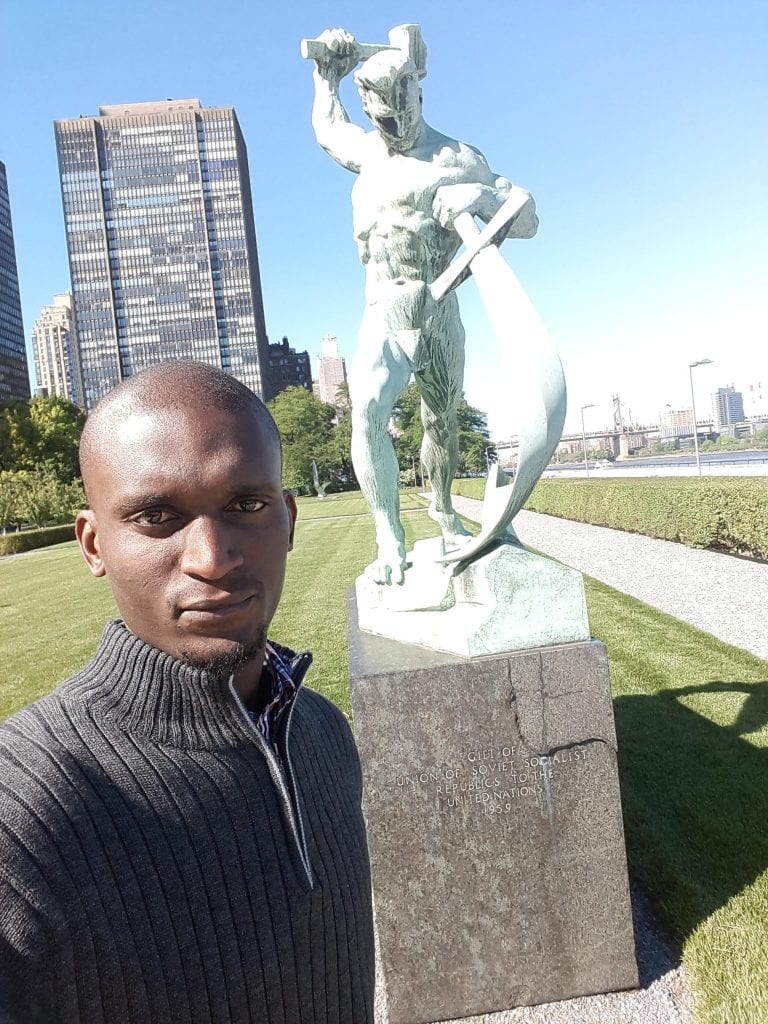
Armed conflict often results in a wide range of human rights violations, including right to life, liberty, and security. Conflict can have a devastating impact on human rights, leaving individuals and communities vulnerable to a range of abuses and violations. Often times, during military conflicts, the elderly are overlooked when it comes to human rights abuses. Despite being among the most vulnerable members of society, the impacts of armed conflict on older people are often underreported, highlighting the need for greater attention and support for this marginalized group. Human Rights Watch released a report addressing the significant human rights violations older people endure during wartime. The report calls for the United Nations (UN) to end the abuses, provide protection, and facilitate humanitarian assistance for the elderly. The report documents a pattern of violations against the elderly in African and Middle Eastern countries experiencing war.
Pattern of Abuses
Older people are more likely to experience a range of physical, emotional, and economic challenges during times of conflict. Government and non-state armed forces have unlawfully attacked and killed older civilians, subjecting them to summary executions, arbitrary arrest and detention, torture and other ill-treatment, rape, abduction and kidnapping, and the destruction of their homes and other property. Older people are more likely to be injured or killed during armed conflict due to their reduced mobility, impaired senses, and other health issues. In the Central African Republic, for example, the armed forces executed Dieudonne, a blind 60-year-old man in July 2017. Many older people rely on family members and caregivers for support, but armed conflict can disrupt these networks, leaving them isolated and vulnerable. In Ethiopia, after Tigrayan forces recaptured most of the Tigray region in 2021, authorities arbitrarily arrested and detained older Tigrayans in Addis Abeba. Amhara forces in control of the Western Tigray zone detained elderly people in overcrowded detention facilities, subjecting them to beatings and other forms of ill-treatment. The stress and trauma of living in a conflict-affected environment can have significant impacts on older people’s mental health and well-being, and may exacerbate pre-existing mental health conditions. In South Sudan during government operations against rebel forces in February 2019, a soldier made a 50 year-old woman carry looted property, beat her with a gun, and raped her repeatedly. Sexual assault can have profound and long-lasting effects on an individual’s mental health and well-being.
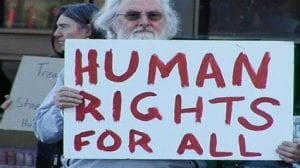
Unable to Receive Aid
Another facet of the abuse is that displaced older people cannot access humanitarian aid. People experiencing must flee in order to access basic services such as food, shelter, and medical care. During hostilities, many older people have chosen not to flee their homes because they think they will not be harmed, or they want to protect the land they have had in their families for years. Also, limited mobility and disability lead to fewer elderly choosing to flee. In 2017, Myanmar security forces pushed older people who could not flee back into burning houses. Displaced older people have also faced difficulties in registering for and receiving humanitarian aid. In South Sudan in 2017, displaced older people who sought refuge were more likely to face difficulties in receiving aid than those who fled to Protection of Civilians sites within UN bases. Amnesty International has documented the failure of humanitarian actors to meet humanitarian standards and be inclusive of older people in their responses to conflict-driven displacements.

Significance
We should be concerned with the gross negligence of elderly’s human rights because every person deserves respect and dignity. Elderly individuals have a wealth of life experience and knowledge to share, and they deserve to be valued and respected for their contributions to society. Due to their age, older people are one of the most vulnerable groups, so it is up to us to do all we can to ensure their safety and protection. Protecting the human rights of elderly individuals is a matter of social justice. As members of society, they have the same rights and entitlements as anyone else, and it is our collective responsibility to ensure that these rights are upheld.
